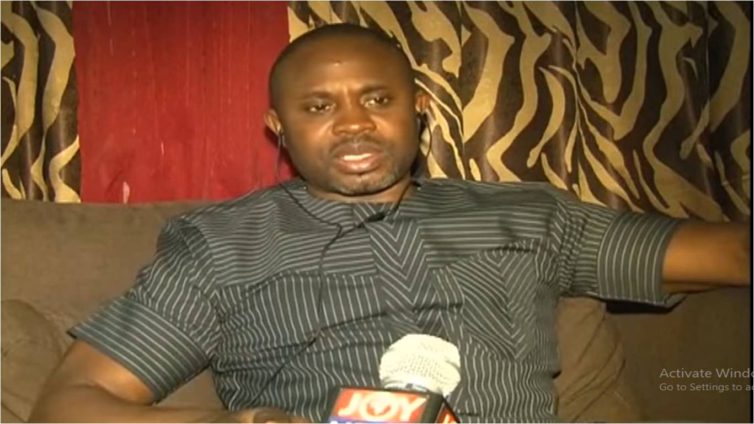The Executive Director of the West Africa Network for Peacebuilding (WANEP) has raised concerns over the increasing signs of a decline in the practice of democracy on the continent.
According to Dr Chukwuemeka Eze, the breach of constitutional term limits, lack of consensus in electoral commissioners' appointments, and the rejection of results by opposition parties demonstrate the fragility of the African democracy.
His comment comes on the back of the military takeovers in Guinea and Mali.
Speaking at a consultative meeting to review the state of democracy and governance in the ECOWAS Region, Dr Chukuuemeka said that the military takeover in the two countries threatened the democratic gains achieved by the regional body.
“The current political environment reveals a seeming decline in the trend of democratic government leading to authoritarianism. Of particular concern is the resurgence of military coups that have toppled the government in Guinea and Mali between 2020 and 2021,” he mentioned.
Dr Eze explained that military takeovers in the continent “have not only truncated democratic governance in both countries but plunged them into political uncertainties.”
He also expressed worry over the “amendment of constitutional term limits in countries such as Togo, Ivory Coast and Guinea.”
Describing such situations as a “constitutional coup d’etat geared towards regime prolongation, including protracted political tension, violence, and instability in the affected countries.”
Delivering the keynote address at the event, former United Nations Special Representative of the Secretary-General for West Africa, Mohammed Ibn Chambas, called for strict enforcement of protocols and sanctions on countries that refuse to oblige to community treaties and conventions.
“It is gratifying, therefore, that in 2012, the heads of state of ECOWAS passed a supplementary act to increase the sanctioning regimes against member states who fail to honour their obligations.
“Member states are obliged to observe and implement the community treaties, conventions, protocols, and decisions as referred to earlier in this address and which are deemed mandatory.
"A member state who fails in this regard could face a range of sanctions, from the suspension of membership, interruption of economic relations as well as communication and restriction of the use of airspace, judicial sanctions could also be imposed both on the state itself and leaders as well as their family members,” he said.
“The recent sanctions imposed on Mali and Guinea are examples of these enhanced sanctioning regimes. However, this notwithstanding, for any sanctioning regime to be effective, there must be an accompanying robust reassessment and monitoring system of the socio-political consequences and their potential effect on the economic, political, and social dynamics in the country,” he added.
Latest Stories
-
Vasseur questions ‘strange momentum’ of Formula One race director change
6 mins -
“I am disappointed in Kojo Manuel” – Merqury Quaye on “no tie” comment
6 mins -
Nana Kwame Bediako; The beacon of unity
8 mins -
Western Region: NDC youth wing embarks on phase 2 of ‘retail campaign’
34 mins -
Action Chapel International holds annual Impact Convention in November
35 mins -
Jana Foundation urges young women to take up leadership roles
40 mins -
All set for Joy FM Prayer Summit for Peace 2024
51 mins -
Managing Prediabetes with the Help of a Dietitian
1 hour -
Joy FM listeners criticise Achiase Commanding Officer’s election comment
2 hours -
Legal Aid Commission employees threaten strike over poor working conditions
2 hours -
Ghana ranked 7th globally as biggest beneficiary of World Bank funding
2 hours -
IMF board to disburse $360m to Ghana in December after third review
2 hours -
Former Bono Regional NPP organiser donates 13 motorbikes to 12 constituencies
2 hours -
Securities industry: Assets under management estimated at GH¢81.7bn in quarter 3, 2024
2 hours -
Gold Fields Ghana Foundation challenges graduates to maximise benefits of community apprenticeship programme
4 hours

